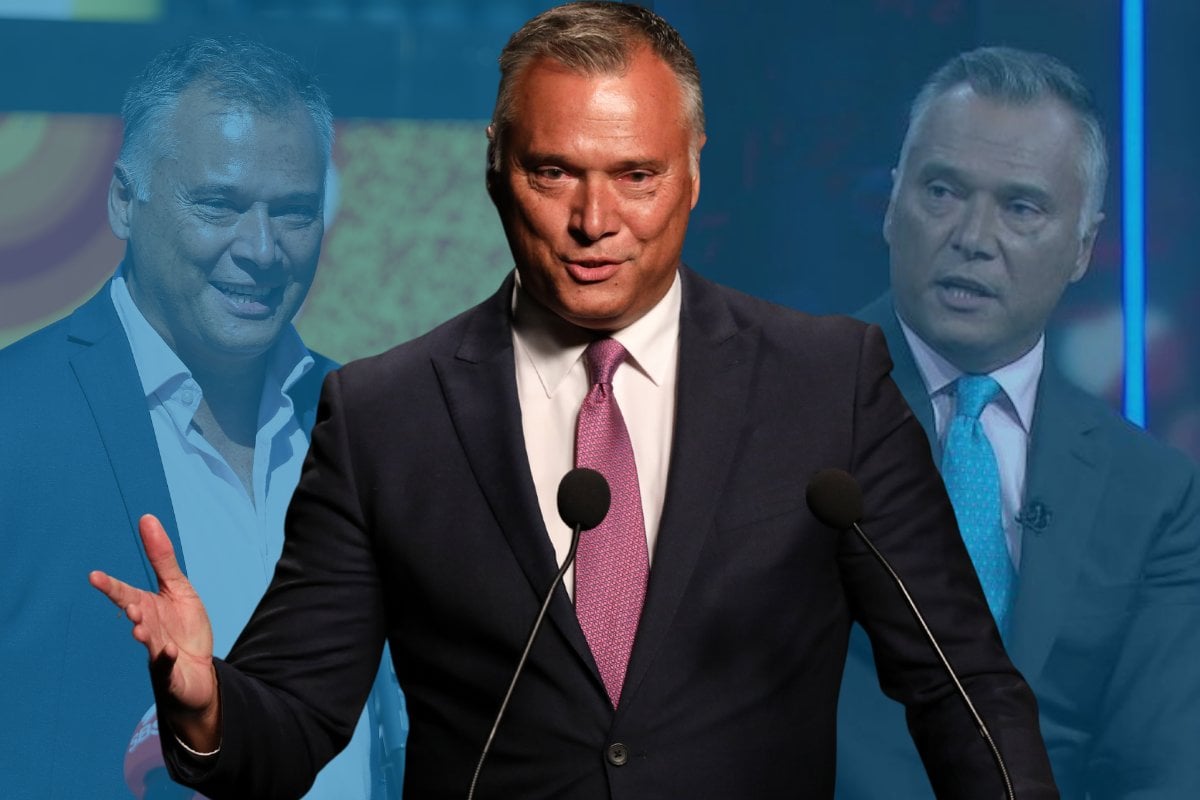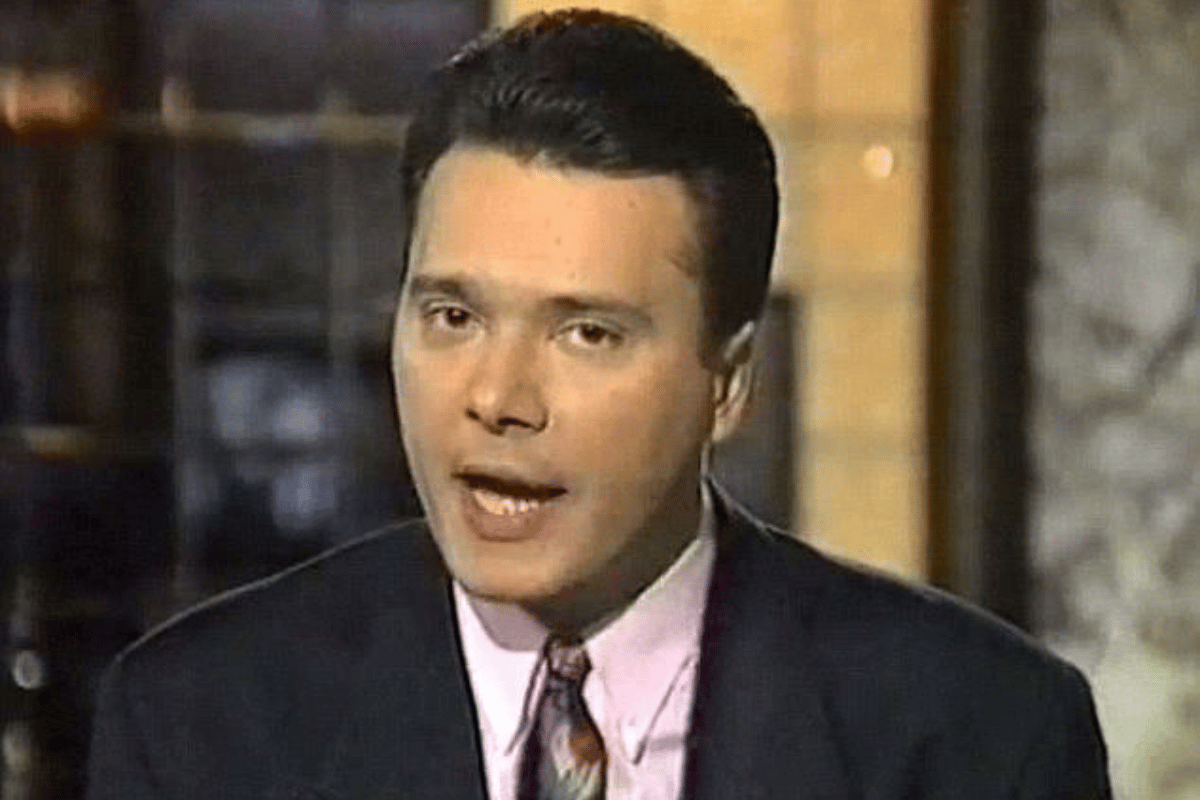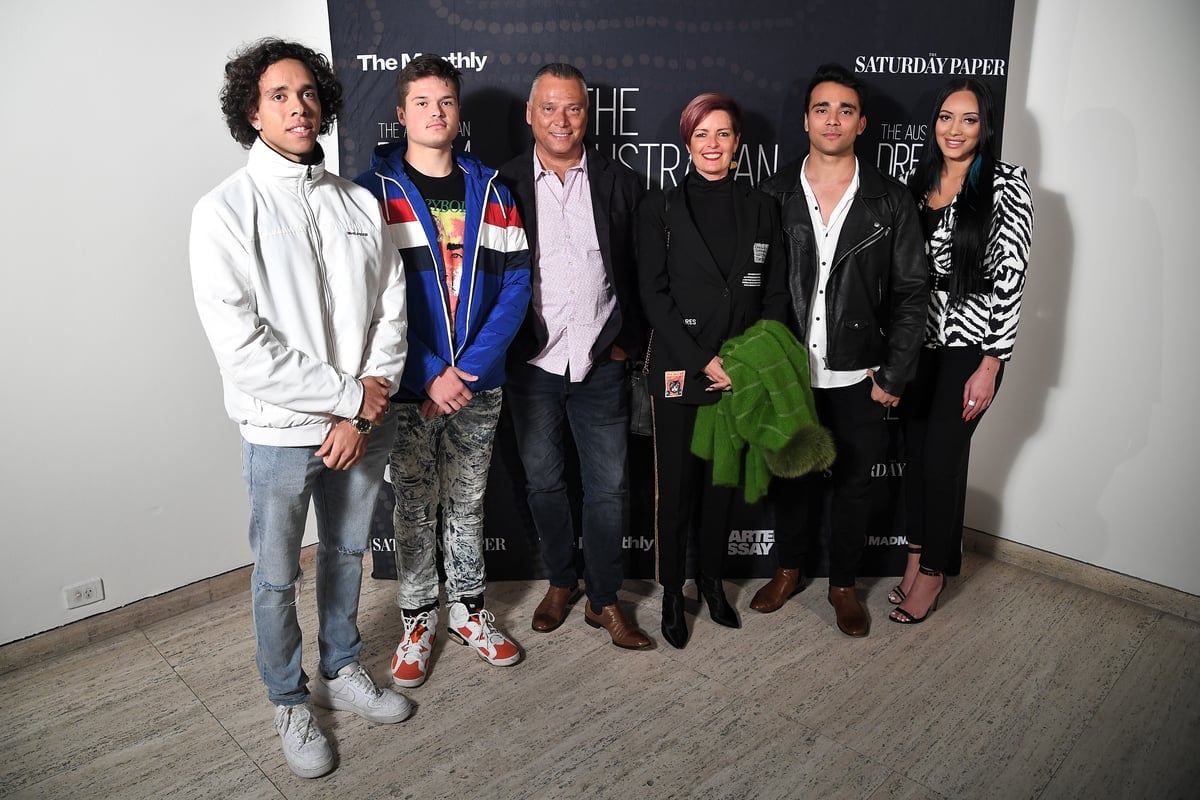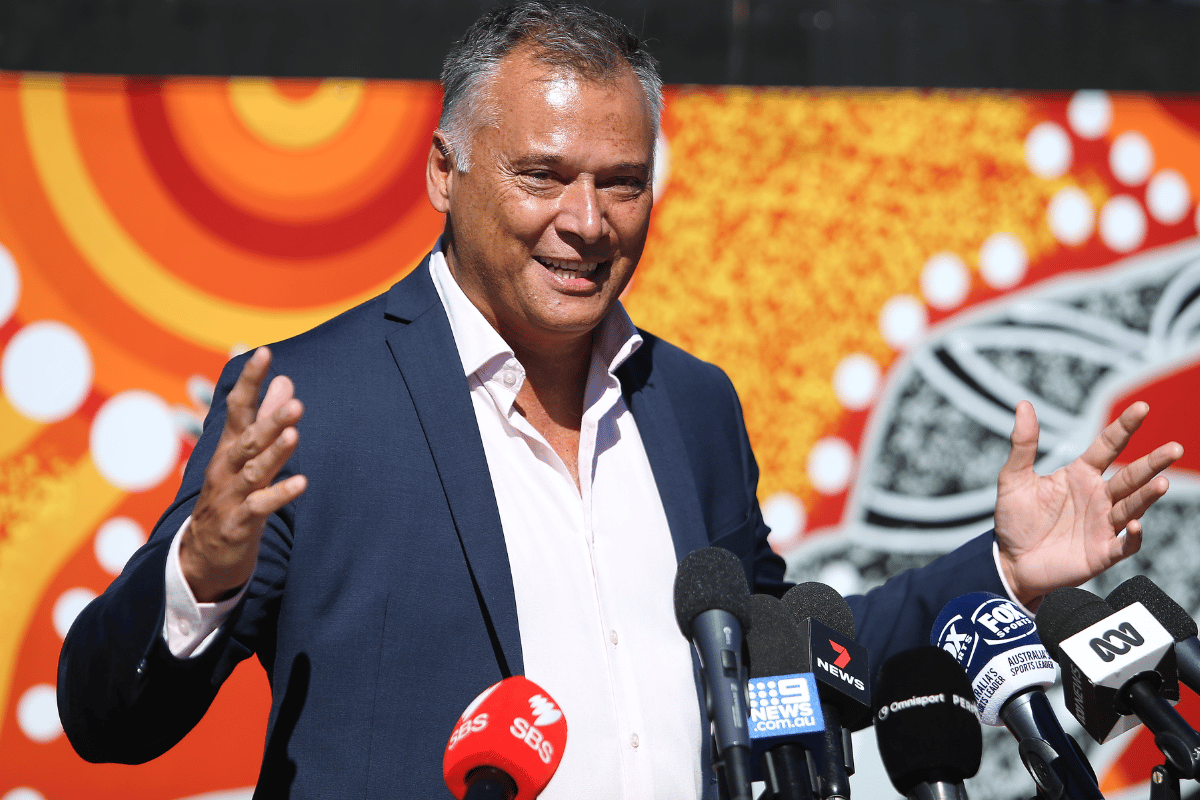
Content warning: This post includes discussion of suicidal ideation that may be distressing to some readers.
Whenever Stan Grant drives to his parent's home in Griffith NSW, he crosses over a creek called Poisoned Waterholes Creek. It's a place where years ago, Wiradjuri people were targeted by a coloniser who would poison the water with the intent to kill the Indigenous locals who relied on that creek.
It's a history that lives with Grant. A trauma of Indigenous persecution he has inherited.
The award-winning journalist and television presenter was born in 1963 and grew up in Griffith. Growing up, money was tight in his family. Grant's mother is from the Kamilaroi people and his father is of the Wiradjuri.
"My great-grandmother lived here and out the back was a broken-down Model T Ford. My parents called it 'the honeymoon suite' because when they first got together that's where they lived – in a broken-down car," Grant said on Julia Zemiro's Home Delivery.
"I was born a year later, and we were all here. This was it, in the back of a car in the back of my great-grandmother's house."
Throughout his childhood, Grant went to a staggering 13 different primary schools and was often on the move, saying his family's dire financial situation gave him "terrible stomach pain".
Exclusion and difference became a normality. At school, racism and ignorance was common practice – so was regular "interrogation" from welfare government officers.
"I can still hear the roll call of our names. One by one the Black kids were pulled out of class. We’d be searched for head lice, our teeth examined, our fingernails examined for signs of dirt. We were questioned about what we'd had for dinner the previous night. We would have to open our bags to show what we had for lunch," he said.



